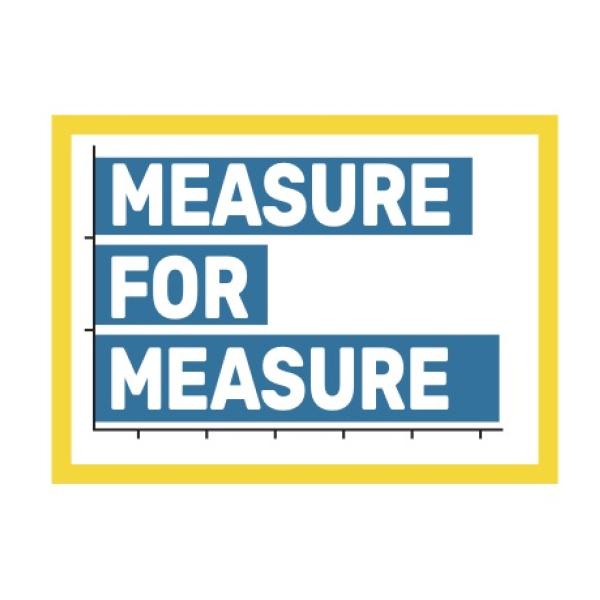Healing, Bridging, Thriving: A Reflection on the Climate Arts Caucus
Arts and culture enrich our lives, our communities, and our nation. In this pivotal moment in our history, there is a growing recognition that the arts reveal new ideas, unlock opportunities, and help us confront the many challenges before us. On January 30, 2024, the White House Domestic Policy Council and National Endowment for the Arts (NEA) co-hosted Healing, Bridging, Thriving: A Summit on Arts and Culture in our Communities, a first-of-its-kind convening to share insights and explore opportunities for arts organizations and artists to contribute to the health and well-being of individuals and communities, invigorate physical spaces, fuel democracy, and foster equitable outcomes. In this blog series, you’ll hear from the many diverse perspectives represented at the event—including government officials, policymakers, artists, advocates, academics, and arts leaders—as they share what ideas and inspiration they took from the experience, and how they’re working to advance a broader understanding of how arts and culture can contribute to other fields and unlock new opportunities for artists.

Photo courtesy of Dr. Fairchild
How can the cultural arts sector address climate change, one of the most significant challenges of our time? The NEA’s Healing, Bridging, Thriving Summit afforded an opportunity for activists from the environmental, climate justice, and arts communities to come together with philanthropic foundations and public sector representatives to explore this question. The convening uplifted the cultural underpinnings and solutions to climate change, shifting from an ego-centered to an eco-centered culture. Can we revive a cultural ethos grounded in our interdependence and oneness that respects one another and nature, as opposed to the unsustainable and unjust ethos of individualism, extraction, and materialism that is fueling our environmental, social, and economic crises?
Clearly, such a radical cultural shift requires the full force of the cultural sector. It entails changing the dominant narratives, values, beliefs, and behaviors of a global consumer culture and economy. It involves changing “heads, hearts, and hands”—how we think, live, and work. The Climate Caucus set out to tackle these issues, drawing upon traditional African, pan-Indigenous, rural, and other earth-based belief systems and life-ways to inspire and uplift alternative futures.
The Caucus held a day-long, interactive pre-summit event that proved unbelievably energizing and dynamic. Presentations stoked left- and right-brain intelligence and validated the importance of integrated thinking and problem solving. Climate specialists presented data on the root cause of the climate crises and research on the ineffectiveness of the current doomsday climate narrative. Radhika Fox, former director of the EPA Water Division, offered a case study of how artists-in-residence programs have and can support water conservation efforts through music, dance, and oral histories to help re-value “water as life.” A cultural storytelling session uplifted the climate realities and diverse voices of urban youth, Appalachians, rural Whites and Blacks, Native Americans, disabled persons, LGBTQ+, and other communities across the country.
The resonance of grounding climate work in joy, traditions, and cultural expressions within this demographically and geographically diverse group was palpable. Spoken word artists, including Billboard-charting artist Dee-1, and a collaborative poetry session animated over 40 new visions, new values, and new narratives of a climate future in inspiring ways that only come from the creative process.
Here’s a collectively-authored poem from one of our sessions:
"Reflections, Reflections, Reflections"
Seeing ourselves in the river—her flow, her struggle,
Her abundance and her overuse
Did we learn nothing from
Narcissus?
Or even from the souls who
Stand at the river’s bottom
In defiance of the defeat
That was planned for them
Begging to breathe, air in lungs
Deeper they plunge
Looking up at the sea
Like an alien sky
Dreaming of a new world
Where we can breathe under water
We are mere spec in the grand ocean
So how do we prepare ourselves
To be greater than she
It is she who connects us all together
Will we be exactly who we were
Or, meant to be. You and me
The Caucus also generated recommendations and examples of how to engage cultural arts in building a non-extractive, “commons” culture. We touched on the value of song, storytelling, oral history, and ancestral ritual and remembrance as means to support transmission of knowledge and values across cultural divides, and to support connection with earth and integration of body, spirit, and heart. And we discussed ways these strategies can be activated in government; for example, by embedding artists within federal agencies, partnering across sectors, and by holding space for learning and idea exchange among cross-sector practitioners engaged in this work.
At the end of the day everyone wanted to know, “Where do we go from here”? There was no appetite for a “one and done” event. The Caucus members remain eager to continue and expand the conversation.
The “healing, bridging, and thriving” has begun in the Climate Arts Caucus. Building a container to host regular ideation sessions of government agencies, creatives, and climate activists would provide a significant and innovative boost to mitigating and adapting to the root cause of climate change.




